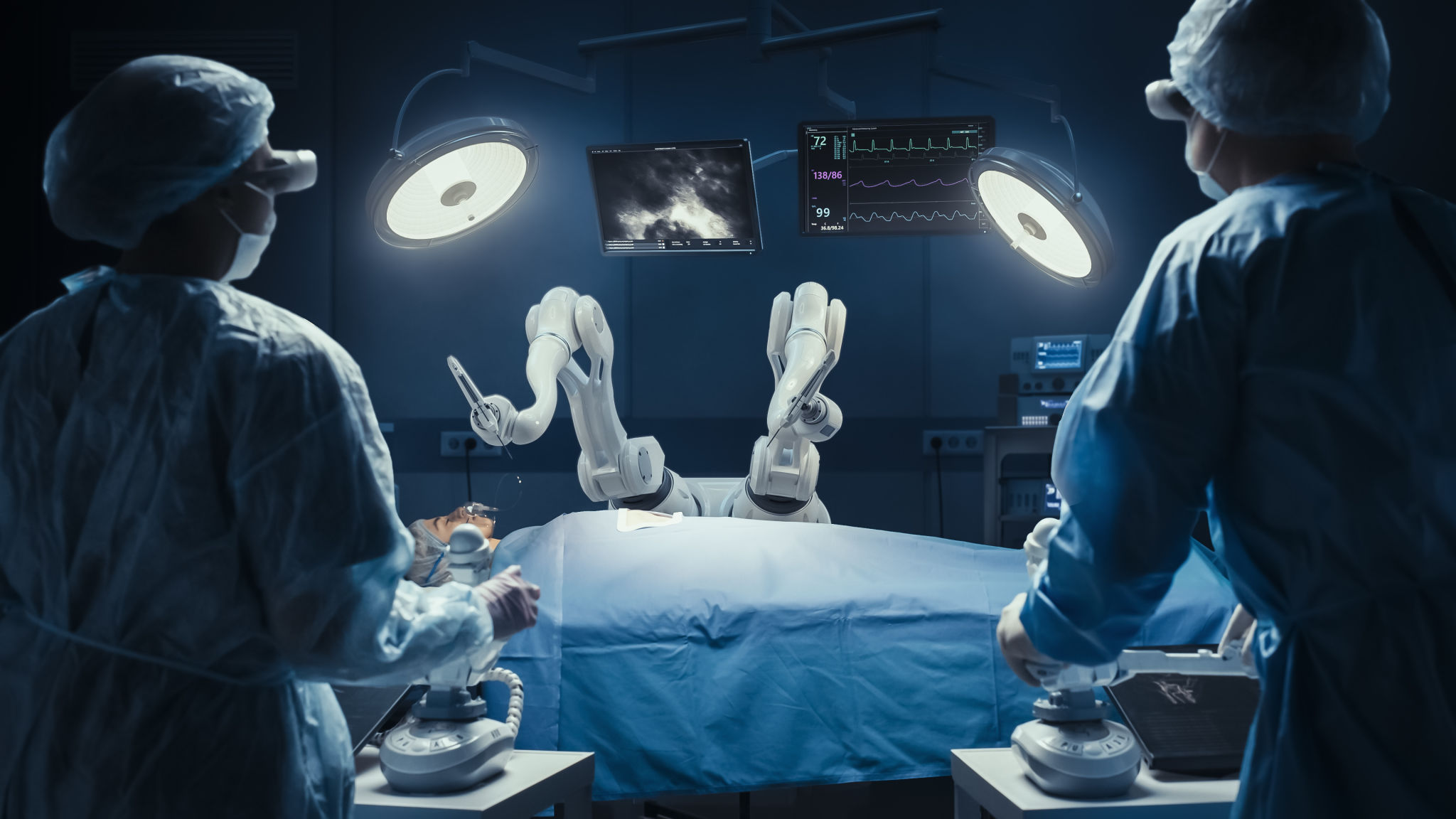The Future of Medicine: Exploring the Role of Robot Doctors in Healthcare
The Evolution of Medical Technology
In recent years, the healthcare landscape has been dramatically transformed by technological advancements. One of the most groundbreaking developments is the introduction of robot doctors. These sophisticated machines are poised to revolutionize patient care, offering precision, efficiency, and accessibility like never before.
Robot doctors are equipped with cutting-edge technology that allows them to perform tasks ranging from diagnostics to surgery. As artificial intelligence continues to evolve, these robots are becoming increasingly capable of handling complex medical procedures with remarkable accuracy and speed.

Advantages of Robot Doctors
The benefits of integrating robot doctors into the healthcare system are numerous. One of the most significant advantages is their ability to work tirelessly around the clock without fatigue. This capability ensures that patients receive continuous care, reducing wait times and improving overall patient satisfaction.
Moreover, robot doctors can access vast databases of medical knowledge in real-time, enabling them to make informed decisions quickly. This access, combined with their precision and reduced risk of human error, results in improved patient outcomes and more accurate diagnoses.
Challenges and Concerns
Despite the many advantages, the introduction of robot doctors also presents several challenges. One primary concern is the potential loss of the human touch in patient care. Many patients still value the empathy and understanding that human doctors provide, which robots may struggle to replicate.

Additionally, there are ethical considerations surrounding data privacy and security. As robots handle sensitive patient information, it is crucial to ensure robust cybersecurity measures are in place to protect against data breaches and misuse.
Current Applications in Healthcare
Robot doctors are already being utilized in various healthcare settings worldwide. In surgical theaters, robots assist human surgeons by providing enhanced precision and control. In diagnostic centers, AI-powered machines analyze medical imaging with unparalleled accuracy, aiding in early disease detection.
Robots are also playing a role in telemedicine, allowing patients in remote areas to access healthcare services without the need for travel. This accessibility is particularly beneficial for individuals with mobility issues or those living in underserved regions.

The Future Outlook
As technology continues to advance, the role of robot doctors in healthcare is expected to expand further. Future developments may include robots capable of autonomously performing surgeries or managing entire medical facilities with minimal human intervention.
Furthermore, ongoing research is focused on enhancing the emotional intelligence of robot doctors, enabling them to better understand and respond to patients' emotional needs. This improvement could help bridge the gap between technology and the human touch.
Conclusion
The integration of robot doctors into healthcare represents a significant leap forward in medical technology. While there are challenges to overcome, the potential benefits in terms of efficiency, accuracy, and accessibility are undeniable. As we move towards a future where robots play a pivotal role in medicine, it is essential to balance technological innovation with compassionate patient care.